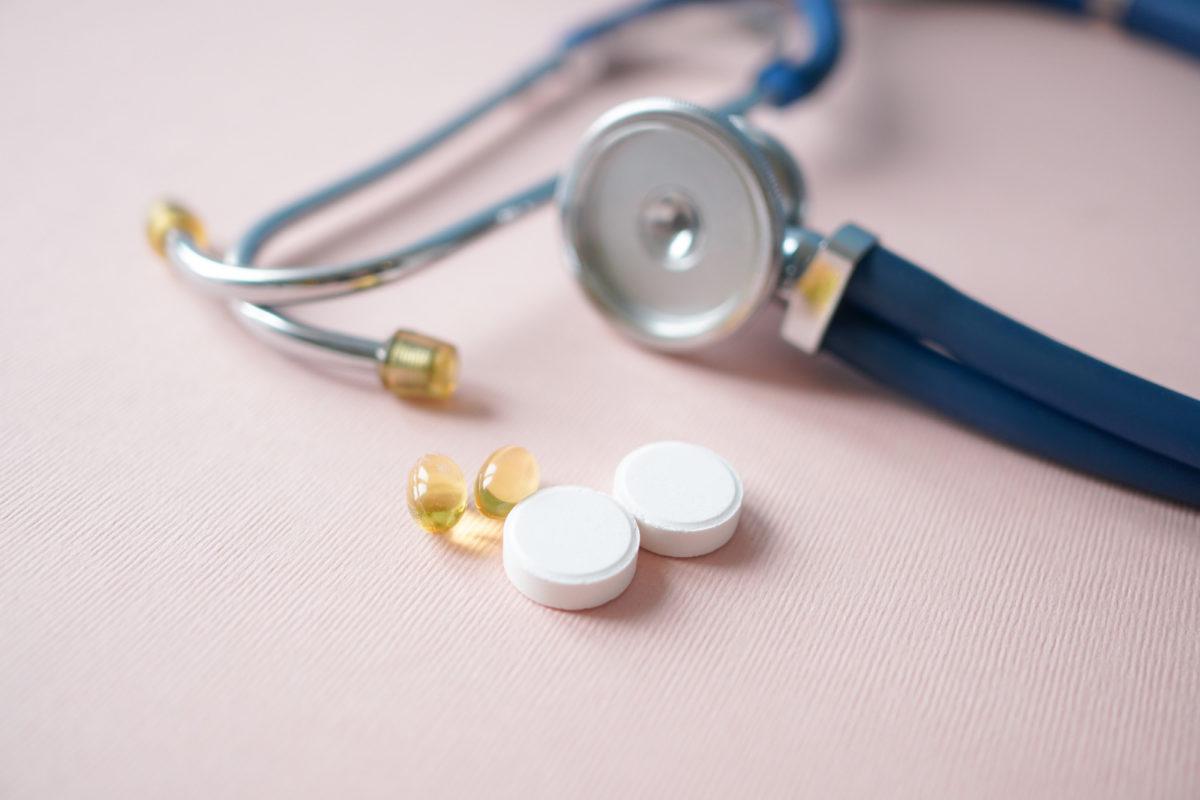Find out which three supplements Dr. Cutler recommends the most frequently for her clients with PCOS, and why.
Categories
Top 3 Supplements for PCOS


Find out which three supplements Dr. Cutler recommends the most frequently for her clients with PCOS, and why.

Quality sleep is greatly underrated in terms of our health and well-being. Dr. Cutler shares her top strategies and tips for a better night’s sleep.

Seasonal affective disorder, or SAD, can give many of us the winter blues. Here are Dr. Cutler’s top 5 tips to combat SAD.